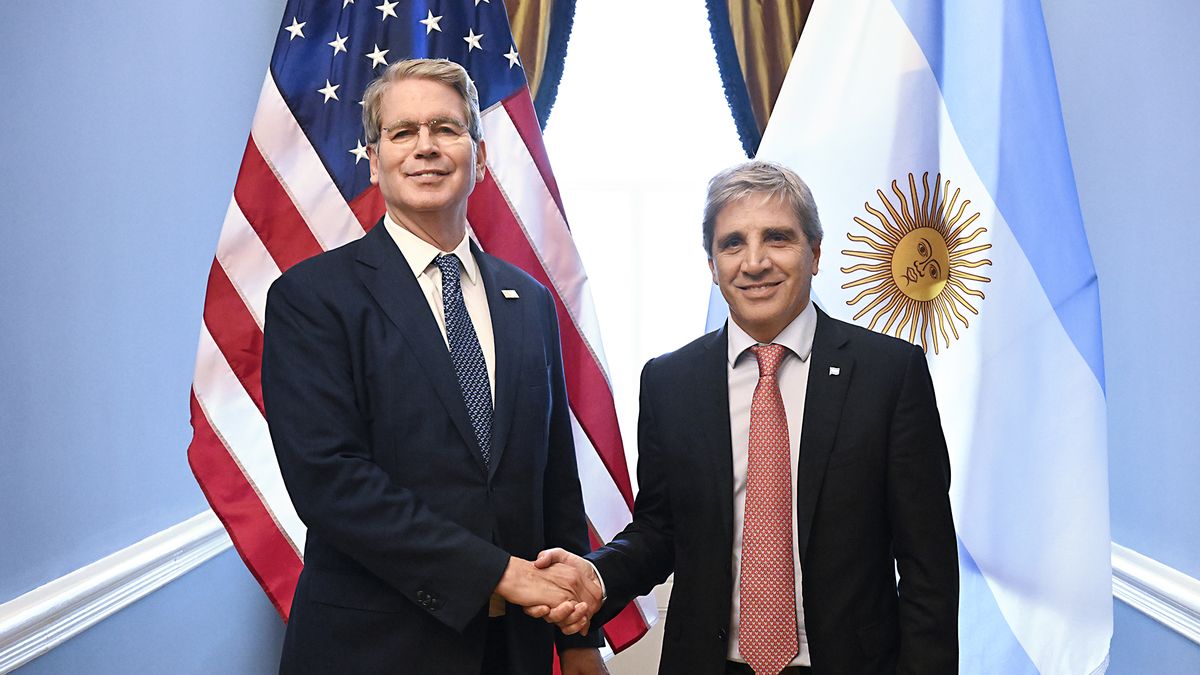It is my impression that crypto asset laundering is designed to be exploited by small crypto holders, possibly freelancers who charged USDT for services abroad, or by some survivor of shitcoin trading. But I don’t see laundering as a tool suitable for large bitcoin holders. And it is in bitcoin, not in altcoins, shitcoins or NFTs, where the big money could be.
The fact is that Law 27,743 does not allow declaring and holding bitcoin in self-custody. The regulation later sought to make this more flexible, but it also requires transferring laundered bitcoins to the custody of local exchanges or Virtual Asset Service Providers (VASPs).
What non-Bitcoiners fail to appreciate is the magnitude of the substantial change in credit, regulatory and agency risks to which the holder of Bitcoin is proposed to be exposed by abandoning self-custody and delegating it to a PSAV. At the very core and ethos of Bitcoin is that holding Bitcoin in self-custody is a right and eminent availability of ownership, privacy and uncensorability. Bitcoin exists and has any value today for no other reason. And all of this disappears entirely with the delegation of holding and private keys to third parties.
On the other hand, the contradictions between the law and the regulations are sowing doubts among the potential beneficiaries of crypto-asset laundering, and make one think that the regulations could continue to change, adding requirements, cutting off possibilities. And that the final say could ultimately be in the design of the application.
As for the cost of laundering, the regime proposes to settle with the tax authorities for 5% to 15% (depending on the date of acceptance and payment), and at no cost up to one hundred thousand dollars. The calculation base for this percentage is the value in dollars as of December 31, 2023 —about USD 45,000—, or the acquisition cost if it were higher.
However, this cost hides another cost that remains latent, and it is the 15% of the eventual increase in value between the acquisition cost and the present. This percentage is the tax that will have to be accrued as a tax on financial or cedular gains, at the time of the sale of these holdings. Since the acquisition cost must be reported in the money laundering and neither the law nor the regulations offer a different solution, it seems clear that the income tax must be taken from start to finish (acquisition versus future sale), and that the current value for which the special tax will be paid in the money laundering cannot be used as a base cost to establish the taxable gain.
So, one might ask, what benefit would there be in laundering bitcoins that are currently in self-custody, out of the reach and knowledge of the AFIP? The income tax on all their increase in value will have to be paid in the future. The tax on personal property does not apply because bitcoins are exempt by law since they are intangible assets (and in the worst case or tax interpretations they are taxed based on the historical value in pesos, a value that is probably irrelevant).
And in addition to the economic cost, there is a cumulative and escalating risk that increases when removing the bitcoins from the hyper-secure place where they have been resting for years, to make them available to a PSAV. A PSAV that may be very solvent, compliant and well-intentioned, but that cannot deny that it is exposed to receiving instructions, embargoes or blockages from the authorities, which could make it difficult or prevent the holder from withdrawing his bitcoins and regaining eminent domain over them. And very likely these risks are enhanced by the mere fact that when the PSAV receives a transfer of a significant amount from a nobody, its compliance officers will decide to report the operation as suspicious, thus giving the UIF the opportunity to begin a pursuit of the bitcoiner. A pursuit of uncertain fate.
For all these reasons, I doubt that money laundering is a tool from which we can expect a large collection of funds from Bitcoiners and the regularization of significant holdings. And this is a pity, because it would not be a bad idea to peacefully incorporate the well-earned wealth of early Bitcoin adopters into commerce without risks.
Perhaps some may be interested in the moratorium that is also proposed by Law 27,743. It is a valid alternative: to establish exactly which taxes have not been paid in relation to a certain holding or acquisition of bitcoin, and – if they are not prescribed – to pay those taxes with the elimination of interest and the remission of fines and criminal liabilities.
In order to establish the exact amount of omitted taxes and the eventual prescription of all or part of said obligations, it will be necessary to be able to reliably establish the date of acquisition of the bitcoins. This is not always possible, but in some cases it is, since the bitcoin blockchain is the most irrefutable means of proof of the date on which each transaction was made. The issue will be to prove when a transaction was made by a certain owner, which can also be done irrefutably if the owner still has the private keys of the original transactions or wallets.
This matter of subjecting bitcoin holdings to the moratorium is an analysis to be carried out on a case-by-case basis and is unlikely to generate a massive regularization movement, but it is an alternative to consider.
At least because within the framework of the moratorium, no one is going to demand that the Bitcoiner abandon self-custody and transfer his holdings to a PSAV, nor that he generate with this single movement an escalation of patrimonial and regulatory risks from which he is currently totally exempt.
Thus, the moratorium could provide an alternative solution for regularization and tax compliance, which could be more economical and in any case more consistent with the nature and ethos of bitcoin.
I don’t think much can be expected from whitewashing.
Lawyer. Tax specialist. President of the NGO Bitcoin Argentina
Source: Ambito
I am a 24-year-old writer and journalist who has been working in the news industry for the past two years. I write primarily about market news, so if you’re looking for insights into what’s going on in the stock market or economic indicators, you’ve come to the right place. I also dabble in writing articles on lifestyle trends and pop culture news.




